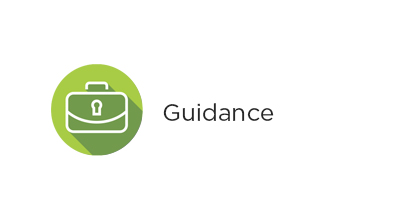
Are You Practicing Safe Tax?
Many practitioners are surprised to find out that over 50% of all claims reported by the CPA Professional Liability Plan Inc. (formerly AICA Services Inc.) are tax related. Common areas for claims include, but are not limited to, unexpected deemed dividends, early payout of capital dividend accounts, loss of dividend refund balances, and cross-border filing requirements.
| Area of Involvement | No. of Claims (%) |
|---|---|
|
Audit |
9.1 |
|
Review |
5.6 |
|
Notice to Reader |
7.1 |
|
Tax |
57.2 |
|
Management Consulting |
0.4 |
|
Receiver /Trustee in Bankruptcy |
2.7 |
|
Fee Dispute /Counterclaim |
3.3 |
|
Shareholders Dispute |
0.8 |
|
Purchase /Sale Agreement |
2.7 |
|
Other |
10.5 |
|
Bookkeeping |
0.6 |
|
TOTAL |
100.0 |
Provided by CPA Professional Liability Plan Inc. as of September 30, 2016.
Practising Safe Tax
There is a perception that assurance services, such as audits, are the more litigious engagements, but this is not the case based on the number of claims as indicated above. A possible factor contributing to these results could be the lack of uniform guidelines or standards of practice specific to the provision of tax services. For assurance engagements, firms have formalized quality control procedures, including engagement acceptance requirements, and pre- and post-issuance file review requirements, in order to comply with the applicable standards such as those published in the CPA Canada Handbook - Assurance.
The only external requirements for the provision of tax services is for all members to meet the profession’s Code of Professional Conduct, such as ensuring due care and professional competence for all work performed.
That said, for any tax engagements, we suggest practitioners:
- Acknowledge and accept the firm’s limitations by assessing the knowledge and practical experience of partners and staff members. Do you have all the competencies to meet all of your clients’ business needs? Given the complexity in tax legislations, jurisprudence, and positions taken by the CRA, practicing outside of your firm’s areas of expertise is a risk. Accordingly, you might consider establishing relationships with tax specialists to allow your firm to continue to provide a range of service while managing your own risk.
- Obtain an engagement letter for all engagements. See the January 2016 Public Practice News & Views column for advice from Mr. David Wende in obtaining an effective engagement letter.
- Follow the same or similar quality control processes for assurance engagements when performing all services provided by the firm. This might include engagement acceptance criteria, minimum documentation requirements, pre-issuance technical reviews, and post-issuance monitoring for compliance.
Rate this Entry
Current rating: 0 yes votes, 0 no votes

